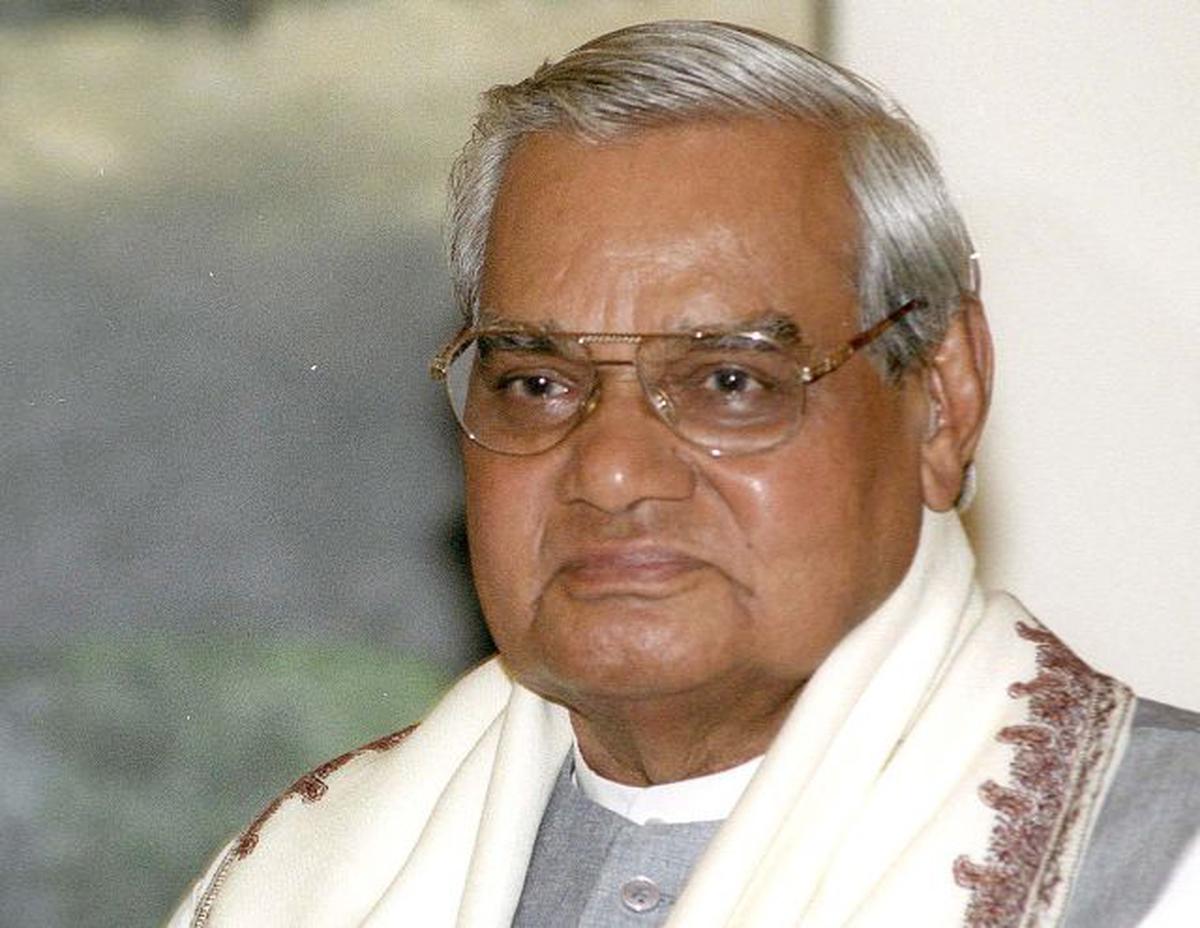
Atal Bihari Vajpayee: The Statesman of India
Atal Bihari Vajpayee, a towering figure in Indian politics, left an indelible mark on the nation through his statesmanship, eloquence, and inclusive vision. As the first non-Congress Prime Minister to complete a full term in office, Vajpayee’s leadership was characterized by pragmatism, consensus-building, and a deep commitment to India’s democratic ideals. This blog aims to delve into the life, legacy, and enduring impact of Atal Bihari Vajpayee, the statesman who navigated India through tumultuous times with grace and dignity.
Early Life and Political Journey: Atal Bihari Vajpayee was born on December 25, 1924, in Gwalior, Madhya Pradesh, into a middle-class Brahmin family. His early years were marked by a keen interest in literature, poetry, and social activism, which laid the foundation for his future political career. Inspired by the ideals of the Rashtriya Swayamsevak Sangh (RSS) and the Hindu nationalist movement, Vajpayee joined the Bharatiya Jana Sangh (BJS), the precursor to the Bharatiya Janata Party (BJP), in the 1950s.
Vajpayee’s oratorical skills and intellectual prowess soon propelled him to the forefront of Indian politics, earning him the admiration of both allies and adversaries. His principled stand on issues of national importance, coupled with his ability to forge alliances across party lines, set him apart as a visionary leader with a broad-based appeal.
Prime Ministership and Leadership Style: Atal Bihari Vajpayee’s momentous ascension to the office of Prime Minister in 1998 marked a watershed moment in Indian politics, as he led the first non-Congress coalition government to power at the center. His tenure at the helm of affairs was marked by a bold agenda of economic liberalization, infrastructure development, and diplomatic outreach.
Vajpayee’s leadership style was characterized by a rare combination of charisma, humility, and pragmatism. He eschewed the politics of divisiveness and polarization, opting instead for a more inclusive and consensus-based approach to governance. His famous “Coalition Dharma” doctrine emphasized the importance of coalition partners working together for the greater good of the nation, even in the face of ideological differences.
Key Policies and Initiatives: Atal Bihari Vajpayee’s tenure as Prime Minister was marked by a series of transformative policies and initiatives aimed at accelerating India’s march towards economic prosperity and global prominence. The Pokhran-II nuclear tests in 1998, conducted under his leadership, demonstrated India’s nuclear capabilities and reaffirmed its status as a global power.
Vajpayee’s emphasis on infrastructure development and connectivity was reflected in initiatives such as the Golden Quadrilateral project, aimed at modernizing India’s road network, and the Pradhan Mantri Gram Sadak Yojana, aimed at connecting rural areas through all-weather roads. His government also initiated economic reforms, privatization of state-owned enterprises, and fiscal discipline measures aimed at boosting economic growth and investment.
Legacy and Enduring Impact: Atal Bihari Vajpayee’s legacy as a statesman and visionary leader continues to inspire successive generations of leaders and citizens alike. His unwavering commitment to democratic values, pluralism, and national unity set a high standard for public service and political leadership in India.
Vajpayee’s inclusive approach to governance and diplomacy earned him widespread acclaim both at home and abroad. His efforts to improve relations with neighboring countries, including Pakistan and China, and his bold overtures towards peace and reconciliation left an indelible mark on India’s foreign policy landscape.
In conclusion, Atal Bihari Vajpayee’s life and legacy exemplify the transformative power of leadership, vision, and statesmanship. As we commemorate his contributions to the nation, let us reaffirm our commitment to the values of inclusivity, pluralism, and democratic governance that he championed. In an era marked by political polarization and divisiveness, the example set by Vajpayee serves as a beacon of hope and inspiration for a better, more harmonious future for India and its people.













